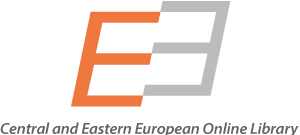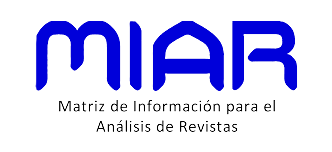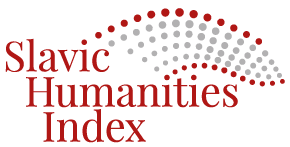(Re)Configuring Language Identity and Memory in Eva Hoffman’s "Lost In Translation" / (Re)konfiguracija jezičkog identiteta i sećanja u romanu "Izgubljeno u prevodu" Eve Hofman
DOI:
https://doi.org/10.46352/23036990.2022.71Keywords:
Holocaust, postmemory, language, identity, testimony, trauma, Eva Hoffman, Lost in TranslationAbstract
The paper aims to examine Eva Hoffman’s experience of language and subsequent testimony of the trauma of immigration in her autobiographical novel Lost in Translation. As the daughter of Holocaust survivors, Eva Hoffman bears the burden of inherited memories of her parents’ Holocaust experiences, belonging to what Marianne Hirsch defines as the generation of postmemory. This status significantly impacts her sense of self and creates obstacles in the process of assimilation into a new country. Hoffman faces double immigration to Canada and the United States, where she struggles with her acquisition of the English language and finding an adequate narrative voice to testify to her family’s trauma and her own trauma of losing her Polish language and identity. To overcome the trauma of an unfamiliar space and language she initially feels disconnected from, Hoffman narrates her life and experiences in a new world. By examining the process of acceptance of a new language, readers witness Hoffman’s healing process and attempt to find closure in a world of fragmented, disassociated language and memories.
Downloads
Downloads
Published
How to Cite
Issue
Section
License
Copyright (c) 2022 Journal of the Faculty of Philosophy in Sarajevo / Radovi Filozofskog fakulteta u Sarajevu, ISSN 2303-6990 on-line

This work is licensed under a Creative Commons Attribution-NonCommercial-ShareAlike 4.0 International License.













